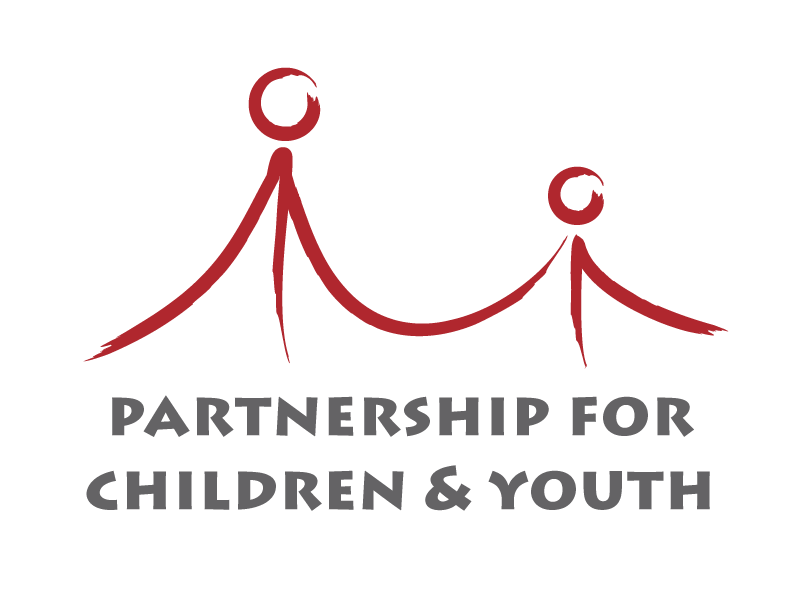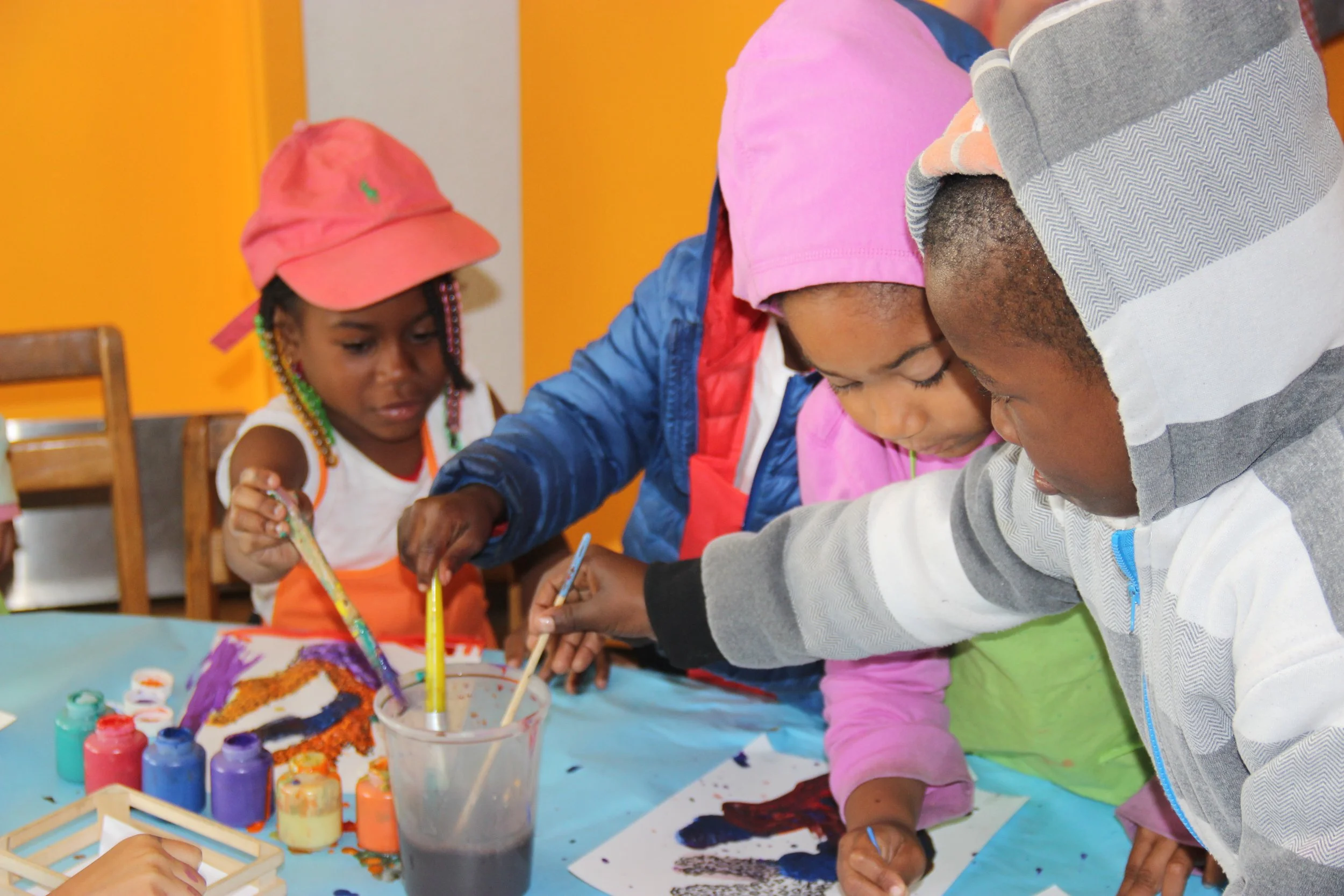Early Learning
In the 2025-26 California state budget, Governor Newsom proposed $3.9 billion to meet the goal of full implementation of universal transitional kindergarten and pre-kindergarten for all students. To achieve this goal, schools and providers will need to blend, braid, and layer Universal Transitional Kindergarten (UTK) and expanded learning programs to create full-day, full-year programs. ELO-P plays a vital role in California’s mixed delivery system—where schools, community-based providers, and expanded learning programs work together—to ensure families have access to full-day, full-year TK options.
Partnership for Children & Youth is working alongside our early learning partners to support the successful implementation of UTK by supporting the workforce, providing technical assistance, and advocating for policy shifts that enable this collaboration. We identify models and provide resources for expanded learning providers to better serve their youngest learners.
Why Early Learning?
Unequal access to early learning opportunities is a major driver of long-term inequities, and California’s push toward Universal Transitional Kindergarten (UTK) is designed to close that gap. In California, TK enrollment has doubled since 2021–22 to serve over 151,000 four-year-olds—about 70% of all eligible children. Combined with state preschool and Head Start, more than 250,000 children (nearly half of all four-year-olds) are now in publicly funded programs.
Expanded learning and early learning share goals and core values that encourage blending programs (see diagram below). To fully utilize public investments, school districts and community-based organizations need to find new ways to work together.
Our impact
In partnership with DialEE, PCY supported the LEA Fellowship cohort of 16 LEA fellows from 9 school districts and 2 CBOs. The Fellowship equips early education leaders to integrate initiatives like PreK–3rd alignment, inclusion, expanded learning, and community partnerships. Over two years, fellows deepen their leadership, innovate local solutions, and strengthen connections between early learning and K–12 systems.
The UPK Guidebook was co-created with other whole-child-focused organizations, including Partnership for Children and Youth, Every Child California, Child Care Resource Center, First 5 California, District Innovation and Leadership in Early Education, Santa Clara County Office of Education, and Heising-Simons Foundation. It provides critical information and resources to family-serving organizations, LEAs, and CBOs.
PCY participated in updating the California Preschool/Transitional Kindergarten Learning Foundations (PTKLF) in partnership with WestEd and the California Department of Education. The foundations provide early childhood educators, parents, and the public with a clear understanding of the wide range of knowledge and skills preschool children typically attain when given access to a high-quality preschool program.
PCY is a member of CDSS’s Whole Child Community Equity Workgroup , providing guidance on systems alignment, building partnerships between LEAs and CBOs to support the whole child, and working to assist with the implementation of full-day, full-year inclusive UTK.
PCY has developed multiple resources to aid LEA’s and program providers’ best practices in UTK/UPK.
In 2024, PCY presented at 14 conferences and webinars with over 2,000 attendees to spread awareness and resources for early learning initiatives.
Resources
For more information on increased coordination between early childhood education and expanded learning, check out these resources:
Universal Pre-kindergarten Expansion Resources page, created by Santa Clara County Office of Education
An Inclusive Framework: Designing and Implementing Universal Prekindergarten in California, created by the YMCA of San Diego County
Overview of Child Care and Expanded Learning Programs for School-Age Children, Legislative Analyst’s Office






